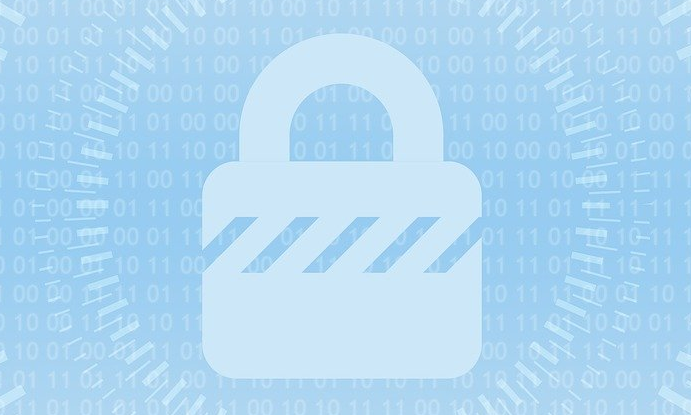Back in November 2019, our colleague Laura Poolman wrote an update on the ePrivacy Regulation.(1) One of the reasons for her writing was that the European Council announced its intention to discuss the ePrivacy Regulation proposal with the European Commission and the European Parliament before the end of the year 2019. By now we are a while further on and you have probably noticed that the ePrivacy Regulation did not come and is still not here in 2019. Recently (on May 29, 2020), the President of the European Council published a progress report on developments around the ePrivacy Regulation.(2) The purpose of this article is to give a brief state of affairs (again) based on this report and to see if white smoke is expected soon in the ePrivacy file.

coauthor: T.S.P. Hannema
The ePrivacy Regulation proposal was submitted by the European Commission in 2017. The purpose of this Regulation - in a nutshell - is to ensure that data protection around electronic communications is also ensured in the EU, regulations are harmonized and ePrivacy regulations are in line with the currently applicable General Data Protection Regulation (GDPR).
The proposal was part of a broader European strategy to modernize the digital legislative landscape: the Digital Single Market strategy. While other related proposals have already been adopted (Network and Information Security Directive) or entered into force (the aforementioned AVG), the ePrivacy Regulation is still on the drawing board after more than three years. The progress report mentions that the COVID-19 pandemic has also slowed things down considerably in recent weeks.
A series of discussions between, among others, the European (TTE) Council, the TELE Working Group and the Committee of Permanent Representatives (COREPER) previously revealed that positions and priorities of member states differed significantly. The Finnish Presidency worked hard to find a compromise at the end of 2019, but to no avail either. In that light, the subsequent Croatian Presidency stated that a number of revisions were necessary,(3) including simplifying some of the core provisions and bringing them more in line with the AVG.
The main proposed change relates to the legitimate interest basis and is incorporated in Articles 6b and 8 of the draft Regulation. The proposed Article 6b allows the processing of metadata of electronic communications on the basis of legitimate interest. Article 8 offers the possibility - with the same basis - of accessing or storing information in a user's peripheral equipment via an electronic communications network (in other words, setting cookies).
Some additional safeguards have been proposed here: for example, collected metadata or information may only be shared anonymously with third parties, end users must be informed about data processing, they may object to it, and a DPIA must always be carried out. Moreover, legitimate interest may not serve as a basis if the processing does not outweigh the fundamental rights and freedoms of end users. This is the case, for example, if special categories of personal data are processed. An interesting fact is that in article 6b sub e of the draft, explicit attention is paid to the (vulnerable) position of children.
The proposed amendments - including that of the "legitimate interest criterion" in Articles 6b and 8 of the draft Regulation - have elicited mixed reactions. First, a number of member states oppose the legitimate interest criterion in this context. This group prefers an exhaustive enumeration of processing grounds. Second, there is a group that indicates support for (further) aligning the Regulation with the AVG but at the same time is concerned about the balance between the interests and rights of end users and providers. Finally, there are a number of countries that are seeking an ePrivacy Regulation whose provisions are (even) more in line with the AVG. Salient detail is that Germany, which will take over the presidency of the European Council from July 1, 2020,(3) belongs to the latter group. It is not inconceivable that it will use the presidency to move in that direction.
(1) https://www.privacy-web.nl/artikelen/wordt-2019-alsnog-het-jaar-van-de-eprivacyverordening
(2) https://www.dataguidance.com/sites/default/files/st08204.en20.pdf
(3) https://data.consilium.europa.eu/doc/document/ST-6543-2020-INIT/en/pdf
(4) www.consilium.europa.eu/en/council-eu/presidency-council-eu/
More articles by Kennedy Van der Laan

